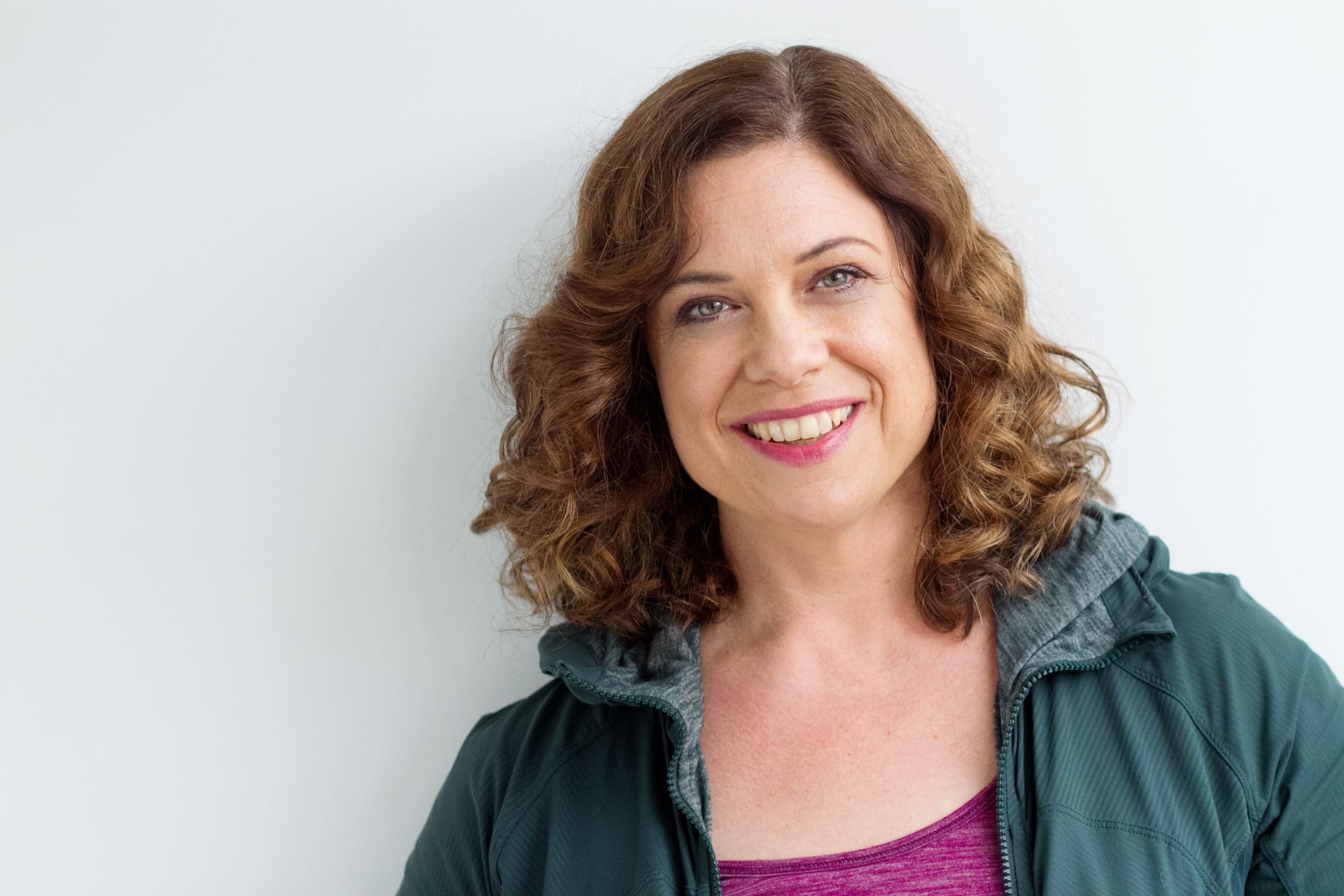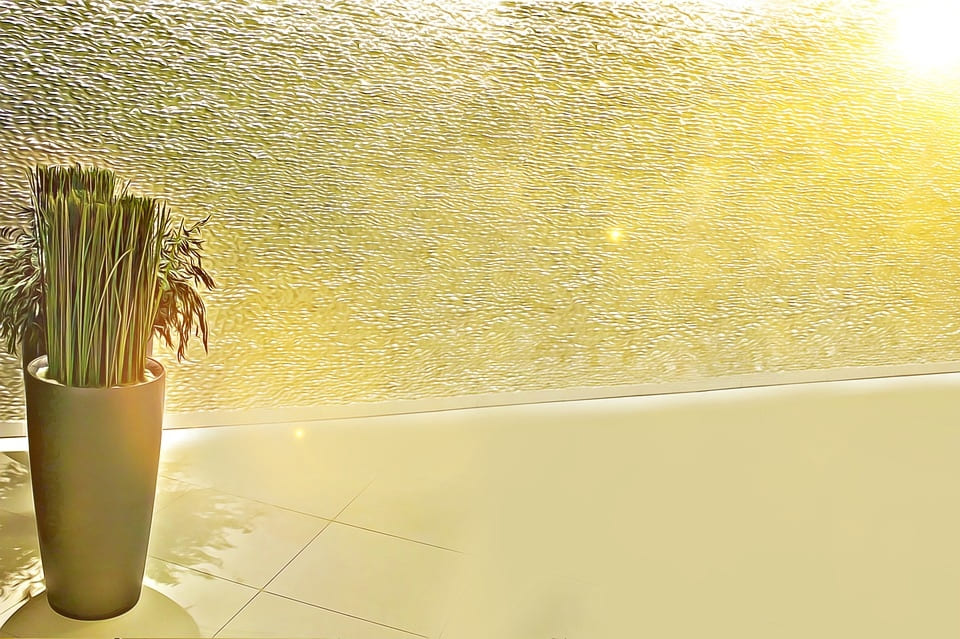
The cliché, ‘age is just a number’ can be your reality if you look after your mental and physical health.
Kate Maliha, director of Love Your Age Fitness in Vancouver, is a Gerokinesiologist – certified as a Functional Aging Specialist and Medical Exercise Specialist – who believes exercise needs to be more thoughtful as we get older. Women’s Post sat down with Maliha to learn more about her business and her experience in the fitness industry.
Q: When did you form the company Love Your Age and why?
A: I saw there was a real need for programs geared to experiences of aging. I decided to go back to school to learn more about exercise and aging, so I got my masters degree. While my focus in human kinetics was on a variety of areas related to the aging body, I was particularly interested in the social aspects of exercise as we get older, in knowing more about what keeps people exercising as they get older.
My experience in the fitness industry prior to my graduate degree was that the industry did not seem to reflect an understanding of life as we get older and was fairly one-note in terms of both message and offerings – so I wanted to help change how the fitness industry provides solutions for older bodies.
What did you see were problems in the industry, in terms of responding to people who were getting older?
There aren’t a variety of fitness options that adjust for the changes people experience when they get older. For instance, what happens when you get an injury, or have a medical condition and you can’t do your favourite class or sport? Exercise needs are varied as we age, just as the experience of aging is different for everyone. Some exercise needs to be modified for a medical condition or a chronic condition, and some exercise needs to actually be the medicine for a health condition. And just as with any medication, there are specific dosages and specific prescriptions for exercise depending on your health. We need specialists in functional aging to really focus in on these aspects, rather than generalists. And as exercise specialists in aging, our focus is on the nuances of many, many different aspects of aging and the body.
You have a very personal story related to what you do?
Life has an interesting way of driving home lessons we really need to learn. During the course of completing my graduate degree I had both my children – really lucky for me actually, because I had experienced infertility for seven years. I had complications though, and my health really suffered. I also had trouble putting my health before all my family responsibilities. Here I was, after having my second child, and my body seemed broken. I had back pain, some incontinence from child birth, I couldn’t move quickly like I used to, getting up off a chair was hard, let alone the floor. I was stiff, tired. I understood what people mean when they say they feel old, regardless of their actual age. So I was really fortunate that I had lots of research information on functional exercise for aging, and I could apply that to myself. I was able to take the information I had learned and get my function back, and be really healthy and pain free. Now I’m so excited, it feels like having super powers, to have applied the knowledge and seen my body bounce back. And I fully understand what it feels like, to be broken, in a sense. And then get put back together.
What excites you in your role as Director of Love Your Age?
A: Managing stress and keeping emotionally strong were the main reasons I got into the fitness profession 25 years ago, and it’s still my main motivator. It’s really exciting to see where the research is going now in terms of exercise for both mood and cognition. When we think about how we want to age, it’s great to think of the body but we aren’t bodies alone. They aren’t separate from our minds. We need to have strategies to optimize mental and cognitive health if we are going to age well. And new brain research in neuroscience supports the idea that the brain can regenerate, this concept being termed, neuroplasticity. That’s why our team created The Brain & Body Workout. There are just so many aspects of exercise for aging well, and they are all important. We can’t leave out cognition and mood. So we’ve incorporated research-based techniques used in brain therapy, techniques that work on the interplay between cognitive and physical aspects of balance training, as well as mind-body techniques. We are fortunate to have staff with specialities ranging from Osteofit and Steady Feet as well as research experience in brain health and socio-cultural aspects of exercise. We’ve been able to create something new and exciting.
www.runwithit.ca
Twitter – @christineruns
Instagram – @runwithit_christineblanchette
YouTube – runwithitcb1

